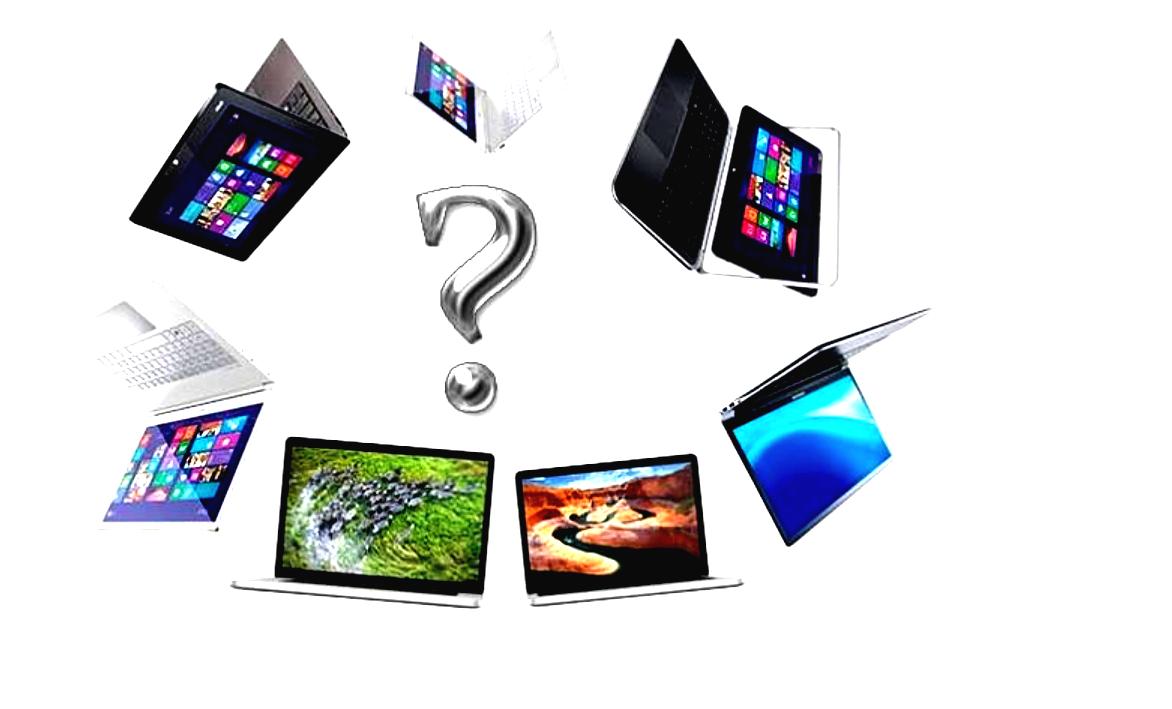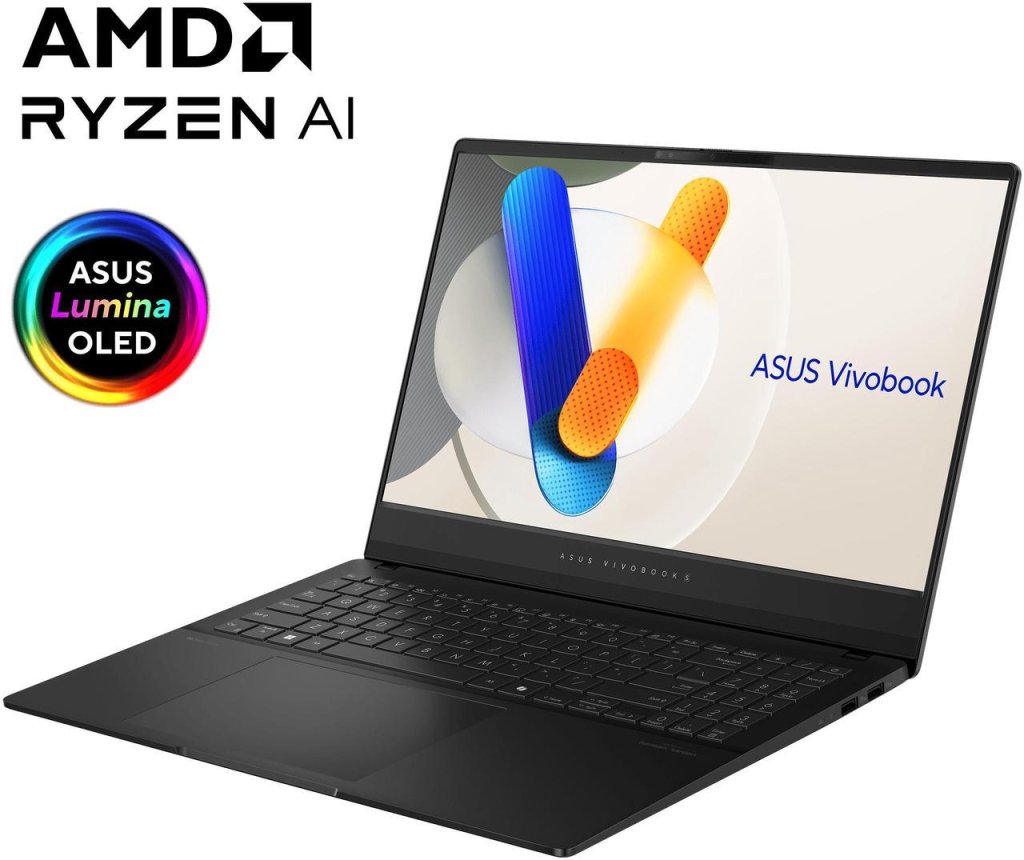
How to Choose the Best Laptop for You
With hundreds of laptop models on the market today, knowing where to start can be tricky. Whether you’re a student, professional, creative, or gamer, understanding how to pick the perfect laptop tailored to your needs is key. This buying guide will walk you through the essential factors to consider so you can confidently select a laptop that fits your lifestyle and budget.
Discover Newegg’s selection of top-rated laptop models
Identify Your Primary Use
Before choosing a laptop, identify how you will use it. Are you a student looking for a reliable laptop for schoolwork? A business professional that relies on multitasking and portability? Or a gamer who wants high-performance graphics? Your intended use will determine what specifications you need in your laptop.
Not sure what to look for? Our 2025 gaming laptop buying guide breaks down everything from key specs to design
Set a Laptop Budget
Setting a realistic budget is one of the most important steps in narrowing down your options for the right laptop. If you only need a device for web browsing, emails, or schoolwork, a budget-friendly laptop under $500 may be enough. For gaming, video editing, or professional multitasking, expect to spend more on a mid-range or high-end model ($800–$1500+). Decide your budget early to avoid overspending.
Understand Laptop Specifications
-
Processor (CPU): For basic use, Intel Core i3 or AMD Ryzen 3 is sufficient. For multitasking, creative work, or gaming, consider Intel i5/i7/i9 or Ryzen 5/7/9.
- Graphics (GPU): Integrated graphics work for everyday use; dedicated GPUs are necessary for gaming or graphic-intensive tasks.
-
Memory (RAM): 8GB is the minimum for smooth operation; 16GB or more is recommended for heavy multitasking or professional software.
-
Storage: Choose an SSD for faster performance. 256GB is a good starting point; 512GB or more is ideal if you store lots of files.
-
Battery Life: If you’re often on the go, look for laptops with at least 6 hours of battery life.
What Laptop Screen Size and Portability is Best?
Smaller laptops (13-14 inches) are lightweight and portable, ideal for students and frequent travelers. Larger laptops screens (15-17 inches) provide better visuals for gaming, graphic design, or video editing. If you do creative work, prioritize a laptop with high resolution (4K) and accurate color reproduction.
Build Quality and Keyboard Comfort
A well-built laptop is crucial for durability, especially if you travel frequently. If you type a lot, a comfortable keyboard with good key travel is a must. Also, remember to test the touchpad responsiveness for smooth navigation.
Essential Laptop Ports and Connectivity
For most users, essential ports include USB-A, USB-C/Thunderbolt, HDMI, and an SD card reader (especially important for creators). Check if your laptop supports modern wireless standards like Wi-Fi 6 and Bluetooth 5 for fast, stable connections.
Read Reviews and Consider Warranty
Always check multiple user reviews and expert ratings to get a balanced understanding of a laptop’s performance and reliability. Also, consider the manufacturer’s warranty, support policies, and customer service reputation. This is crucial if issues ever arise.
Quick Reference Table: Laptop Buying Checklist 2025
| Factor | Recommendation | Why It Matters |
|---|---|---|
| Use Case | Define your main usage | Determines specs and features |
| Budget | Set a realistic spending limit | Helps narrow choices |
| Processor | i3/Ryzen 3 for basics, i5+ for more | Core of performance |
| RAM | 8GB minimum, 16GB+ for heavy use | Smooth multitasking and apps |
| Storage | SSD, 256GB+ | Speed and space |
| Graphics | Integrated or dedicated GPU | Needed for gaming/creative work |
| Battery Life | 6+ hours recommended | Important for mobility |
| Screen Size/Quality | 13-17 inches, FHD or better | Affects portability and experience |
| Build & Keyboard | Durable and comfortable | Long-term usability |
| Ports & Connectivity | USB, HDMI, SD card, Wi-Fi, Bluetooth | Compatibility with accessories |
| Reviews & Warranty | Positive feedback, good support | Peace of mind |
Final Thoughts
There’s no one-size-fits-all “best” laptop—only the best one for you. By understanding your needs and focusing on the key specs and features, you’ll find a device that balances performance, portability, and price perfectly.

